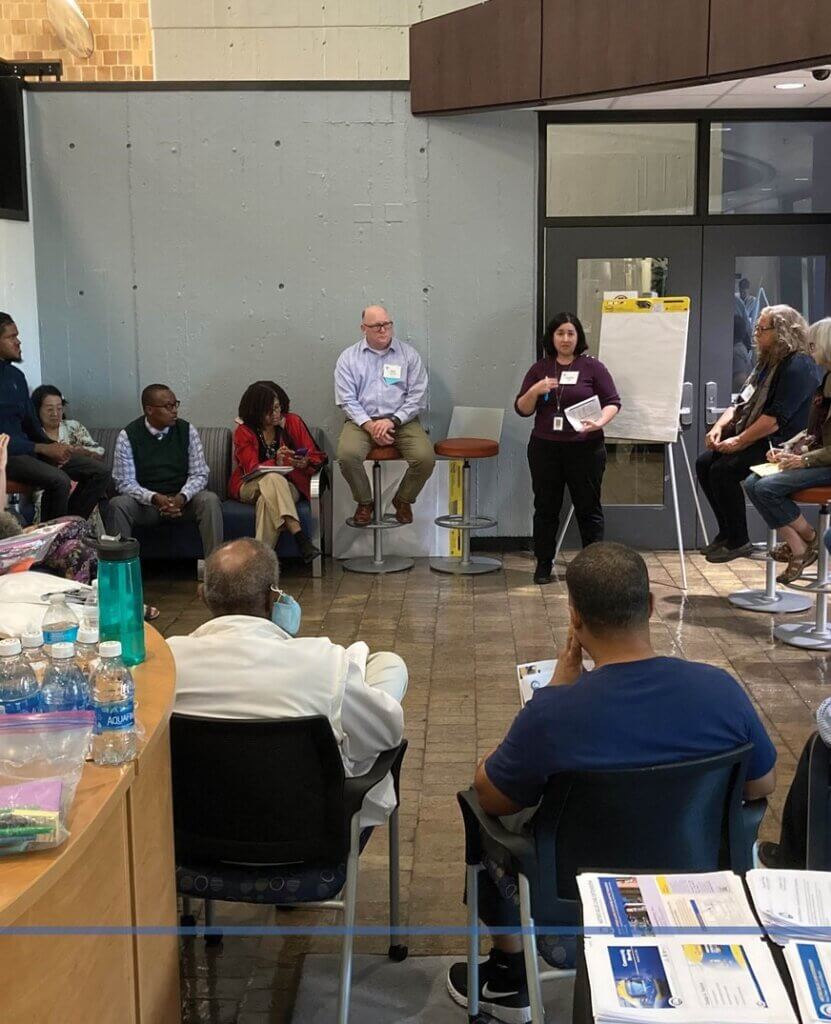News
Best Practices for Building a Community Engagement Plan
Community engagement during construction projects is essential. When done correctly, it creates a harmonious relationship between the construction team and the community. It also promotes transparency and often addresses concerns early in a project when they have a higher likelihood of resolution. Engagement enhances safety, supports local commerce, and it ultimately contributes to the successful completion of the project with the least amount of disruption to the surrounding community.
So, what does “good” community engagement mean? It means providing opportunities for community members to contribute to public decision-making processes. It means informing the community on policy issues that impact their everyday lives. It may mean providing education on why and how practices are being implemented. Community engagement enables project teams to listen to residents’ and stakeholders’ concerns while demonstrating the impacts and benefits of the project. It inherently builds deeper, stronger relationships which are often tested when projects are being built.

Here are some examples of how to build a community engagement plan for a road construction project:
- Minimize Disruption – Think proactively about ways to minimize the negative impact of disturbance for residents, businesses, and daily activities like parks or walking paths.
- Build Trust – Open communication and transparency within the community is important. When people feel informed, they are more likely to support the effort.
- Address Feedback – Actively listening and creating platforms for voicing concerns are all strategic methods for building engagement. Think about responsiveness and make sure the project’s overall quality and ultimate acceptance reinforces these opportunities for feedback.
- Promote Safety – Through engaging with the community, a project provides residents with assurance that they know what to expect from construction zones, potential risks and safety precautions. This awareness prevents accidents and ensures the well-being of both construction workers and community members.
- Support Economic Vitality – Construction on roadways may have an impact on customer traffic. Considering awareness and communicating timelines in advance helps to develop strategies for support and ultimately mitigates the impact of construction on local commerce.
- Enhance Public Awareness – Building trust and keeping communication open and transparent during construction enables a project team to build awareness about the importance and value of the project. It ultimately shares with everyone why the infrastructure improvement is positive and the benefits it could have on their overall quality of life.
- Facilitating Collaboration – In addition to being required, when it is done right it fosters a partnership between project teams and residents. It engages a community and enhances overall success of the project.
Ironically, often one of the lower costs in a project build is the opportunity for authentic engagement which can provide the owner the best return on investment. By building trust, and ultimately a successful project, a community better understands the process and values the amenity more in the end.
Please reach out to PE Services, LTD if you have questions, we are happy to help navigate this community engagement process with you.
